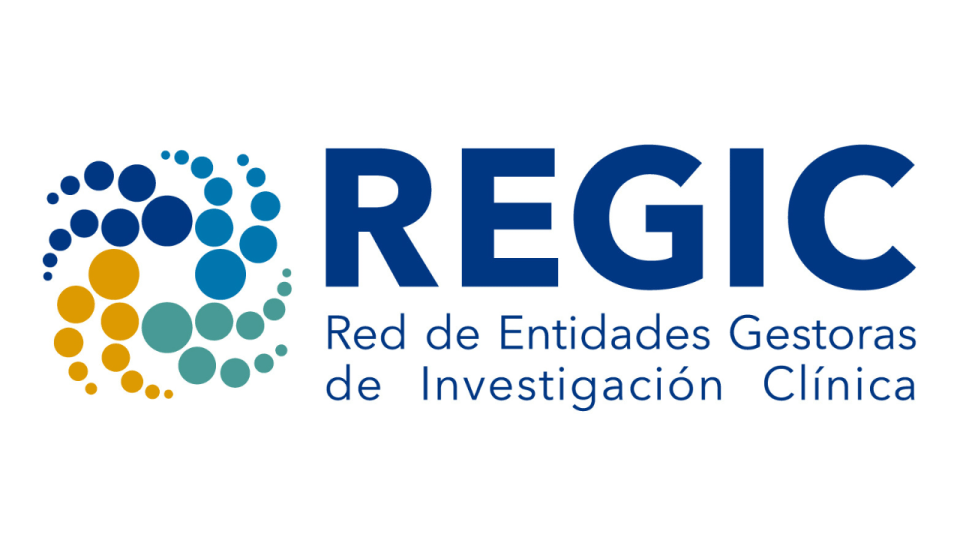The health effects of sardines and blue fish are widely known: their high levels of unsaturated fats help to regulate cholesterol and to prevent cardiovascular diseases. But the positive effects do not end there.
A study led by Diana Díaz Rizzolo, from the IDIBAPS 'Translational research in diabetes, lipids and obesity' group and researcher of the Health Sciences Studies at the Open University of Catalonia shows that regular consumption of sardines has a preventive effect against type 2 diabetes.
“The consumption of sardines is not only affordable in economic terms and easy to source, but it is safe and preventive against type 2 diabetes. This is a major scientific discovery. It is easy to recommend their consumption from the doctor’s office and the recommendation is easily accepted by the population”, explains Diana D. Rizzolo.
Also participating in the research were researchers from the IDIBAPS and IMIM Primary Healthcare Transversal Research Group, the Fatty Acid Research Institute (USA), the University of Barcelona, the CIBERDEM and the Department of Endocrinology and Nutrition of the Hospital Clínic of Barcelona. The study results were published as open access in the journal Clinical Nutrition.
Two tins of sardines a week
The study included 152 patients from three primary healthcare centres, all aged 65 years or older with prediabetes (with fasting glucose levels of between 100-124 mg/dl). All patients entered a nutritional programme focused on reducing the risk of suffering the disease, but only the intervention group added to their diet 200 g per week of sardines (two tins of sardines in olive oil). To facilitate their consumption, thanks to the collaboration of the Alicia Foundation, the participants were given a book of recipes based on tinned sardines. They were advised to eat the sardines whole, without removing the bones, since this part is especially rich in calcium and vitamin D.
The group that did not include sardines in their diets started off with 27% of people with a very high risk of suffering diabetes (measured through the questionnaire FINDRISC), and at the end of the year 22% continued to have this classification. Meanwhile, the group that did eat sardines had 37% of participants with a high risk when they started the study, and at the end of the year only 8% continued having a very high risk. Furthermore, other important biochemical parameters improved, such as their insulin resistance index (HOMA-IR) and there was an increase in good cholesterol (HDL) and in hormones that improve glucose metabolism (adiponectin), in addition to decreases in triglycerides and arterial pressure, among other parameters.
The fact that the study was carried out in people aged 65 years upwards responds to the fact that the incidence of the disease is greater from this age onwards than among young people. “As age increases, diets that are restrictive (in calories or in food groups) can play a protective role in diabetes, but the cost-benefit is not always positive, as we have explained in other studies”, affirmed Rizzolo. Even so, “the results lead us to think that we could achieve an equally interesting preventive effect in younger people.”
A protective role played by foods, but not by supplements
That a food like the sardine, rich in taurine, omega 3, calcium and vitamin D, has a clear protective effect against diabetes, does not mean that taking these supplements in an isolated way achieves the same effects. “The nutrients may play an essential role in protection from and treatment of many conditions, but this effect is usually caused by the synergic action between them and the food matrix containing them. Thus, the sardine has a protective element because it is rich in the nutrients mentioned, but the nutrients taken in isolation in the form of supplements would not be so protective”, asserts Rizzolo.
In a second phase, the researchers have started to study the effect of this blue fish on the gut microbiota, “given that it has an effect on the regulation of many biological processes and we have to understand whether it has played part of this protective effect against type 2 diabetes”. They have also begun studies on the modulation of the expression of some genes related with inflammation and that play a role in the development of type 2 diabetes and many other diseases.
This research is included within the Sustainable Development Goal (SDG) 3, of guaranteeing a healthy life and promoting wellbeing at all ages.
Reference articles:
“Type 2 diabetes preventive effects with a 12-months sardine-enriched diet in elderly population with prediabetes: An interventional, randomized and controlled trial” (2021). D. A. Díaz Rizzolo, A. Serra, C. Colungo, A. Sala-Vila, A. Sisó-Almirall, & R. Gomis. https://doi.org/10.1016/j.clnu.2021.03.014
“Prevention of Type 2 Diabetes through Sardines Consumption: An Integrative Review” (2021). Diana A. Díaz Rizzolo, Anna Miro & Ramon Gomis. https://doi.org/10.1080/87559129.2020.1867565




